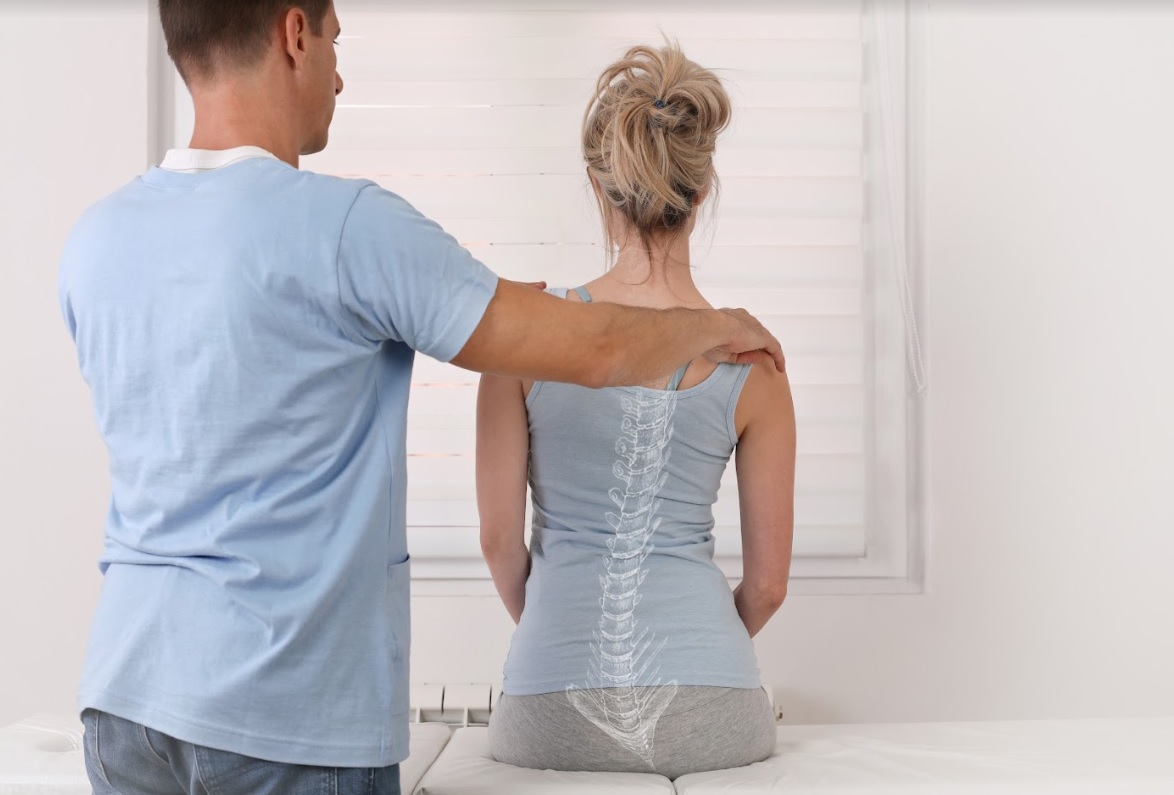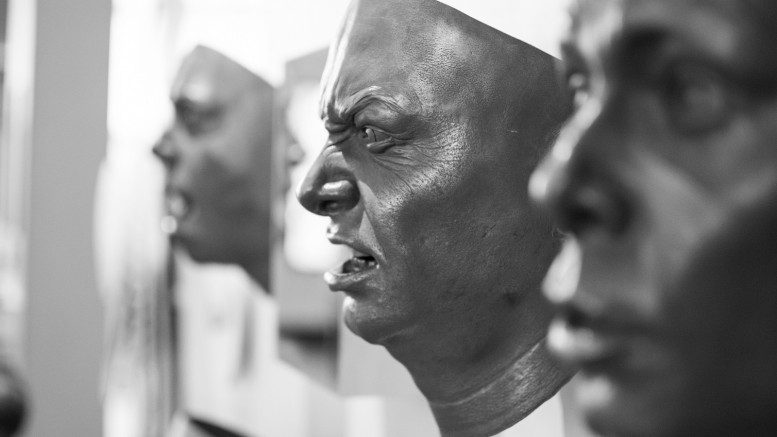The physical effects of scoliosis are usually easily noticed. Uneven shoulders or hips, protruding ribs, and awkward posture are all visible signs of those with a curvature of the spine. The passerby can see the physical differences those with scoliosis have. However, this condition goes much deeper than mere physical differences. Many, especially children and teens, are also dealing with the emotional issues caused by this condition.
The Naples community injury center scoliosis treatment can help correct or lessen scoliosis’s physical impact on the body. However, with proper chiropractic care, patients can also expect a healthier emotional state as their treatments improve their physical appearance.
Scoliosis and Emotional Issues for Children, Teens, and Adults
Although anyone of any age can have a less-than-desirable emotional state after a diagnosis of scoliosis, children and teens are most severely affected, and seniors who’ve been diagnosed with degenerative scoliosis may not experience the same psychological trauma as those who are significantly younger. The National Library of Medicine reports that 32% of scoliosis patients experience psychological distress.
Body Image
Teens can have an especially difficult time dealing with how they feel about their bodies. Adding a diagnosis of scoliosis to this confusing mix of emotions can be particularly devastating. The effects of scoliosis can cause poor or awkward posture and ill-fitting clothes. Although these things can negatively cause low self-esteem, they can be exponentially more damaging for teens and young adults.
Teenagers whose corrective care involves wearing a back brace can add to the social anxieties that many teenagers face. Wanting to fit in, feeling secure about their bodies, and being accepted by their peers are more difficult when wearing a back brace.
Surgery Anxiety
Thoughts of surgery can rattle even the most self-secure and confident adults. Children and teens who don’t have the critical thinking skills that adults have could suffer from anxiety about a necessary surgery to correct spinal conditions like scoliosis. Insomnia or nightmares are common for anyone feeling nervous about an upcoming or proposed surgery.
Other Emotional Issues
In addition to having a negative body image and fear and anxiety over back surgery, scoliosis patients of all ages can experience other emotional issues. This condition can harm a person’s mental health. Other common emotional issues caused by scoliosis can include the following:
- Irritability
- Depression
- Difficulty with concentration or memory issues
- Suicidal thoughts
- Substance abuse problems
- Isolating behaviors
- Relationship issues, both social and romantic
Ways to Handle the Emotional Effects of Scoliosis
Children, teens, and adults can ease the emotional effects of scoliosis in various ways. Pursuing chiropractic corrective care can help patients feel like they’re playing an active role in lessening or eliminating their condition. Maintaining a strength-building and flexibility regimen is key to making progress with the condition and can help lower the negative emotional issues that can come with scoliosis.

Along with chiropractic treatment and physical therapy, it can be quite beneficial for patients to seek formal therapy with a psychologist or life coach. Talking about the emotional trauma that scoliosis can bring can help patients to move forward and improve their quality of life despite their prognosis.
Online support groups are another avenue to improving one’s mental health when feeling overwhelmed due to their condition. These are wonderful places to ask questions, learn about coping techniques, and learn how others have moved forward after their diagnosis. Knowing that you’re not alone and that others understand your feelings can do wonders for your mental health.
Other ways to help cope with the emotional effects of scoliosis include:
- Journaling your feelings
- Listening to uplifting music
- Exercise or daily vigorous walks
- Meditation and breathing exercises
Scoliosis and Mental Health: The Bottom Line
Scoliosis is a treatable condition, both physically and emotionally. Children and teens may have greater difficulty accepting their diagnosis. Still, a combination of both chiropractic care and a healthy outlet for their emotional difficulties is key to improving their quality of life.
Following through with the recommendations of their physician, physical therapist, chiropractor, and mental health counselor are crucial to combat the psychological effects of scoliosis. Being proactive with treatment and emotional care is key to your recovery.
